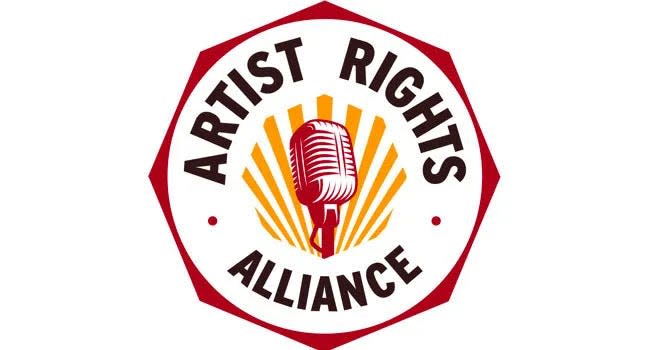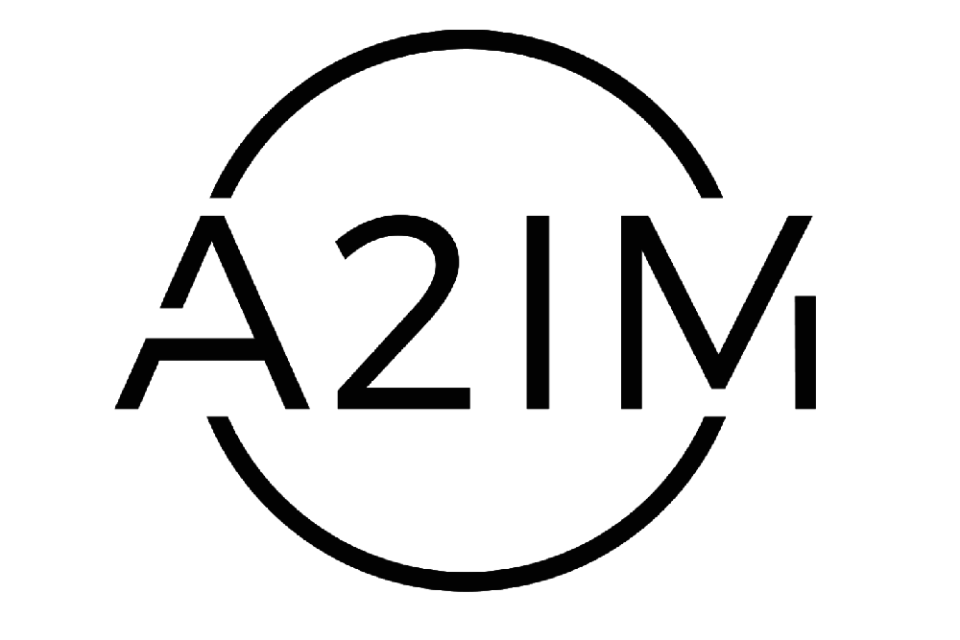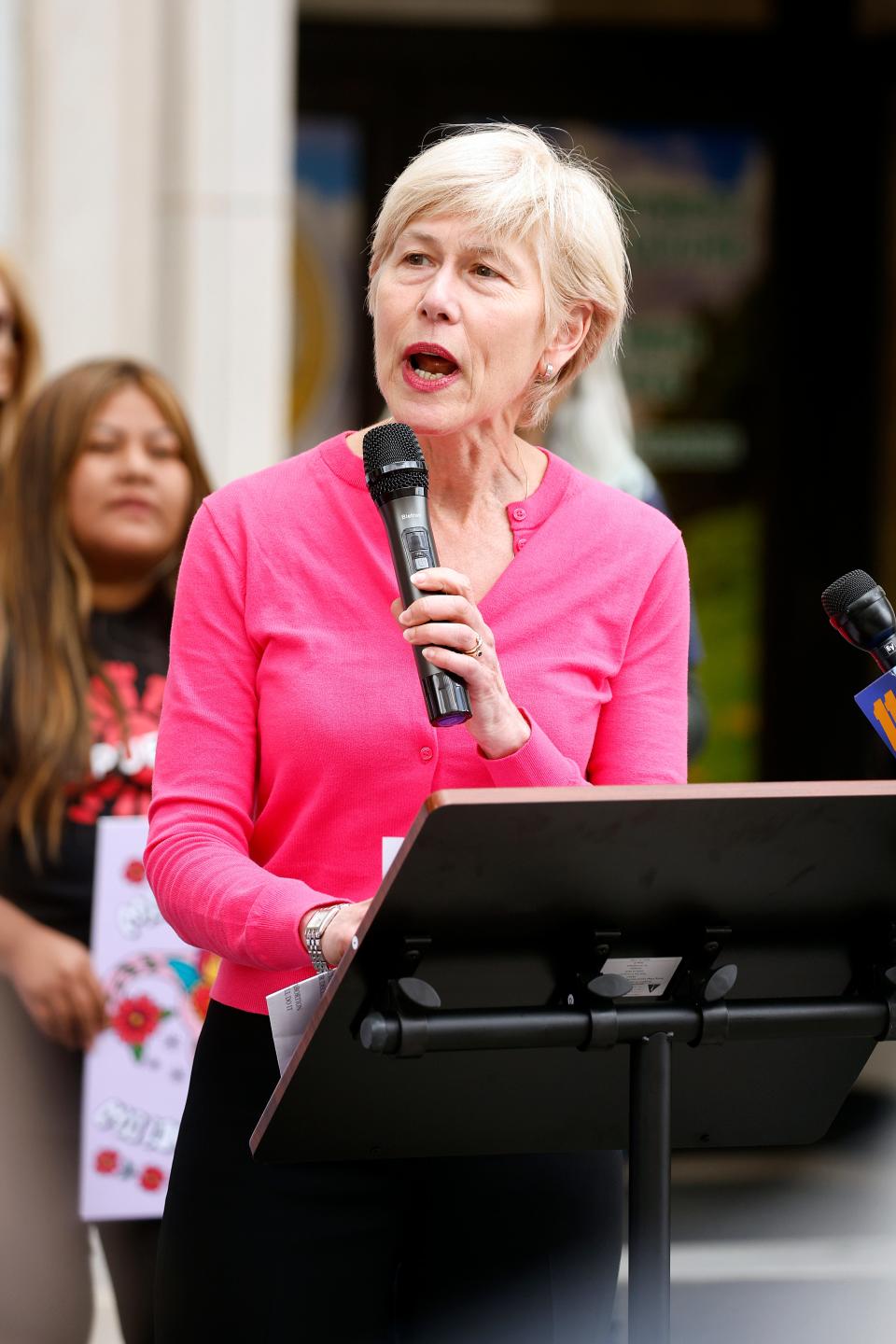Revised U.S. House bill aims to improve indie artists negotiations with streaming, A.I.
The Artists Rights Alliance and The American Association of Independent Music have paired with U.S. Representative Deborah Ross (D-NC) to introduce an enhanced version of the Protect Working Musicians Act.
The legislation would allow small and independent artists and music creators to collectively negotiate rates and terms for using their music by online streaming services and Artificial Intelligence (A.I.) developers.
In October 2021, before he left Congress, U.S. Representative Ted Deutch (D-FL) originally introduced the act, which initially advocated for artists and music creators to negotiate fairer rates and terms for using their music online.

Rep. Ross' revised legislation allows working artists and independent musicians to band together to negotiate with dominant streaming platforms, including Apple Music, Spotify, and YouTube, and artificial intelligence developers to negotiate compensation in line with market value rates.
Independent artists need 'a seat at the table'
"Independent artists have always had their revenue lag behind [their label-signed compatriots]. They need a voice in the discussion -- a seat at the table," Jen Jacobsen, executive director of the Artist Rights Alliance (ARA), told The Tennessean. "Legislation that removes obstacles for artists to negotiate sends a strong message to the creative ecosystem and artists having a say about their potential exploitation."
Names including Grammy winner Rosanne Cash, artist manager Thomas Manzi, John McCrea of CAKE, Americana singer/songwriter Tift Merritt, producer Ivan Barias, guitarist Matthew Montfort, and independent label executive Maggie Vail are affiliated with the Artist Rights Alliance. Via a press statement, the artist-run, non-profit organization notes that they "ensure artists are at the table when decisions are made on policies that affect their lives and livelihoods," plus "[demystifies] music, politics, and the spaces where they intersect."
The American Association of Independent Music (A2IM) is a 501(c)(6) not-for-profit trade organization serving over 600 independently owned record labels operating within the United States, including bluegrass, children's, country, dance/electronic, gospel, folk, hip-hop, Latin, roots, soca/Caribbean, traditional American, world, and more.

"This legislation will help give small, independent music creators a level playing field, empowering them to stand together for fairer compensation and giving them a voice in important negotiations that will determine the future of the music industry," added Ross.
Added National Music Publishers' Association President & CEO David Israelite: "While this legislation would help independent recording artists and labels, songwriters and independent music publishers also are in need of this help. All music creators and rightsholders should be able to negotiate with large digital music services in a free market."
Revenues from streaming low, viability of A.I. growing
Half of 1% of artists with music available on Spotify each earned $10,000or more in 2022, with 25% of those artists being creators who self-distribute their content. Of that half of 1%, 70% of that group earned over $50,000 each.
Spotify's 2022 data also notes that nearly 70% of its revenue goes back to the music industry as all-time payouts to music rights holders approach $40 billion.
Notable on the A.I. front is Grammy's July 2023 decision to allow songs created with artificial intelligence, or music that contains artificial intelligence-created elements, to be eligible for entry and consideration for Grammy nomination.

“What’s not going to happen is we are not going to give a Grammy or Grammy nomination to the AI portion,” Recording Academy CEO and President Harvey Mason Mason Jr. told The Associated Press.
Ross' legislation joins Democratic congresswoman Rashida Tlaib's Aug. 2022-introduced resolution calling for new streaming payment systems to fairly and directly compensate artists every time their music is streamed.
Tlaib’s release included the statement that it would take more than 800,000 streams a month to equal a wage of $15 an hour.
A recent USA Today article highlights that The Union of Musicians and Allied Workers found artists were paid an average of just over half a cent per stream in 2018 and under a third of a cent in 2020.
The average artist's pay rate declined by 43% over two years.
The plight of artist Mackenzie Miller -- a young, Seattle-based singer -- is highlighted.
“You have to have enormous streams even to make minimum wage. If your streams plateau, if people aren’t listening to it as much anymore, you won’t get paid anymore,” Miller says.
This article originally appeared on Nashville Tennessean: Revised U.S. House bill aims to improve indie artists negotiations with streaming, A.I.

